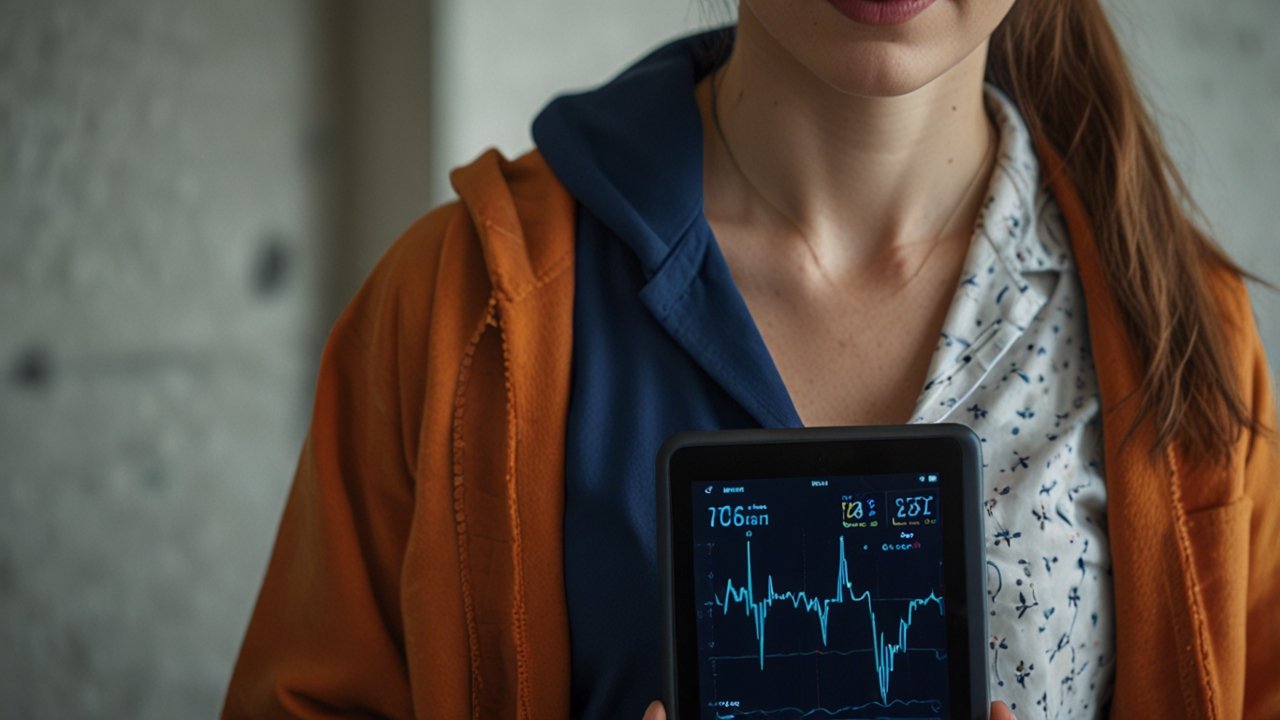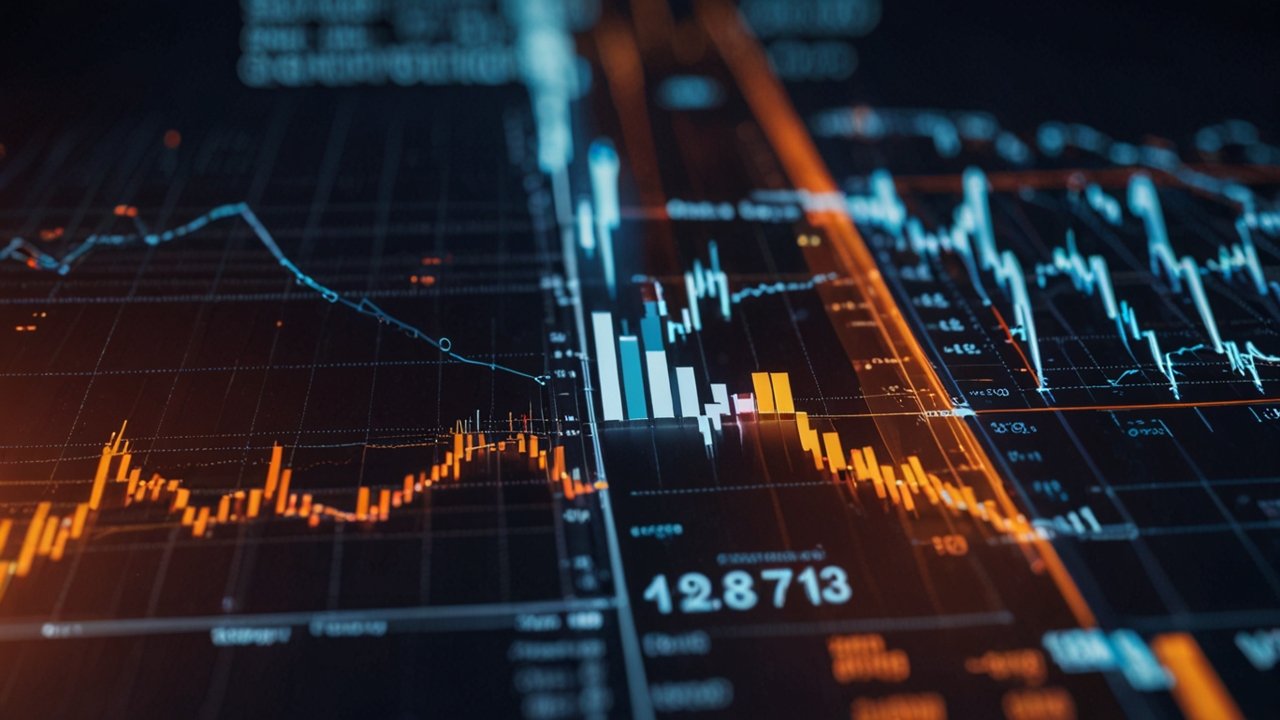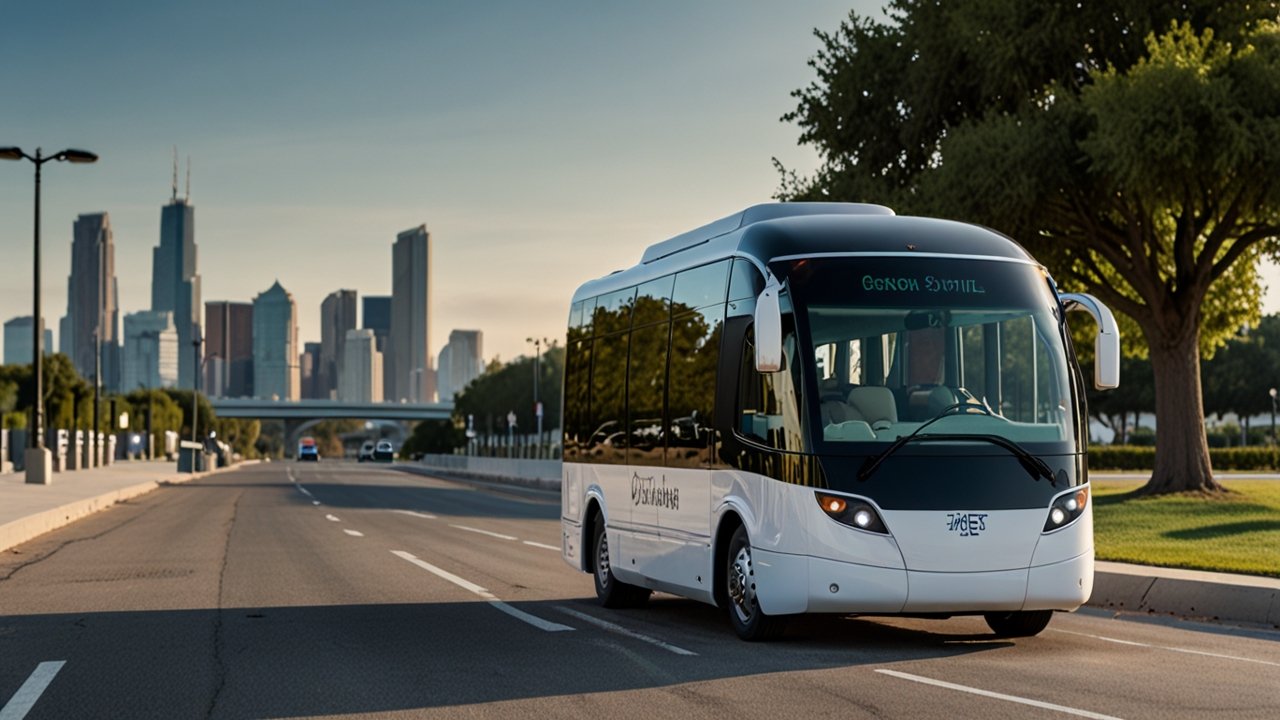Facebook Ads 7 Strategic Advantages
Welcome to our in-depth exploration of one of the most influential tools in digital marketing. In this article, we dive into the strategic advantages behind Facebook Ads. We discuss its evolution, current developments, and future trends while providing actionable insights supported by verified data.
Over the years, the advertising landscape has shifted dramatically, and Facebook Ads has consistently remained at the forefront, delivering unique opportunities for businesses worldwide. Our analysis is based on extensive research and case studies from reputable sources.
📑 Table of Contents
- Introduction to Facebook Ads Innovative Solutions
- Evolution and History of Facebook Ads Digital Transformation
- How social media advertising Enhances Facebook Ads Digital Living
- Facebook marketing platform Systems and Their Applications Digital Revolution
- Real-World Case Studies of Facebook Ads Digital Change
- Targeted digital promotion in Modern Facebook Ads Solutions
- Future Trends: social network advertising and Beyond
- Unique Facebook Ads Insight
- FAQ
- Conclusion
Read on to discover how this platform empowers advertisers to target audiences precisely, optimize campaigns using advanced technologies, and generate measurable results. Join us as we navigate the exciting realm of Facebook Ads.
Introduction to Facebook Ads Innovative Solutions
Overview and Key Advantages
Facebook Ads emerged in 2007 and revolutionized digital promotion by allowing advertisers to reach users based on specific demographics, interests, and behaviors. The seven strategic advantages include precise audience targeting, comprehensive analytics, flexible budget control, diverse ad formats, retargeting capabilities, real‐time optimization, and integrated lead generation.
This section reveals how these benefits empower businesses of all sizes. For instance, the introduction of Custom and Lookalike Audiences allows marketers to target individuals similar to existing customers, ensuring efforts are both efficient and effective. Data from Sprout Social shows that platforms like this have dramatically reshaped advertising approaches (SproutSocial).
Have you experienced the power of targeted promotions in your own marketing campaigns?
User Engagement and Impact
The ability to tailor ad campaigns using Facebook’s advanced targeting methods means that advertisers can reach a highly engaged audience. Detailed performance metrics provided by the platform help in tracking impressions, clicks, and conversions, making campaign analysis data-driven and precise.
Such methodologies not only improve ad performance but also enhance user engagement and brand recall. Marketers now have the flexibility to control ad spend on either daily or lifetime budgets, which is crucial for businesses with varying scales and resources.
Can you imagine the possibilities when every ad dollar is optimized for maximum impact?
Evolution and History of Facebook Ads Digital Transformation
Historical Milestones
Since its inception in 2007, Facebook Ads has witnessed a significant evolution from basic display ads and sponsored stories to advanced targeting methods. Early on, the platform served as a launching pad for digital promotion, offering advertisers basic creativity and simple metrics.
Over time, new analytics tools and targeting options emerged. The evolution included the debut of Custom Audiences and Lookalike Audiences, which allowed advertisers to leverage previous interactions and find similar customers based on behavioral and demographic data. According to DataReportal, the platform reached an astounding 2.28 billion potential users by January 2025 (DataReportal).
What key milestone do you think marked the turning point in Facebook Ads’ evolution?
Technological Advancements and Market Growth
Technological innovations such as dynamic creative formats and AI-driven optimizations have transformed Facebook Ads. The capability for automated bidding, creative testing, and audience segmentation now defines the modern advertising landscape.
These advancements have not only bolstered campaign efficiency but also positioned Facebook Ads as one of the dominant digital advertising platforms globally. In 2025, ad revenues were projected at $116.53 billion, reflecting both market dominance and exponential growth (Hootsuite).
Have you witnessed the impact of these technological advancements in your advertising efforts?
How social media advertising Enhances Facebook Ads Digital Living
Integration with Social Media Platforms
Social media advertising has amplified the reach of Facebook Ads by integrating with other popular platforms such as Instagram, WhatsApp, and Messenger. This multi-channel approach allows advertisers to engage consumers in various digital environments concurrently.
Leveraging these integrations, advertisers can run cohesive campaigns that traverse multiple user touchpoints while ensuring consistent messaging. The synergy between these platforms bolsters campaign performance, as seen in the growth of Instagram ad reach, which has often outpaced its peers.
How do you think multi-platform strategies affect overall campaign success?
Dynamic Content Formats and Engagement
New formats like short-form videos, Reels, and Stories have redefined content consumption patterns. These formats deliver higher engagement rates and conversion potential compared to traditional static ads. The dynamic nature of video content captivates audiences, particularly younger demographics, and drives impactful storytelling.
Furthermore, the inclusion of automated optimization powered by AI provides real-time insights to adjust creative strategies effectively. This modern approach to storytelling not only increases ad performance but also encourages authentic engagement among target audiences.
Have these innovative content formats influenced the way you consume digital media?
Facebook marketing platform Systems and Their Applications Digital Revolution
Data-Driven Decision Making
The Facebook marketing platform offers a myriad of tools that provide comprehensive analytics and insights. Advertisers have access to detailed reports on impressions, clicks, conversions, and ROI. This data-driven approach enables marketers to fine-tune campaigns and allocate budgets more strategically.
Advanced analytics allow users to view campaign performance in real-time and make adjustments on the fly, ensuring that every ad dollar is spent efficiently. With these insights, businesses can adopt a more scientific approach to advertising, optimizing campaigns based on actual data rather than assumptions.
Do you believe that having detailed analytics changes the way you plan future campaigns?
Integration and Automation Technologies
By integrating Facebook Pixel and various APIs, the platform enables seamless tracking of user behavior, facilitating precise retargeting and monitoring of ad performance. These integrations connect online activities with offline behaviors, providing a holistic view of the customer journey.
Automation powered by machine learning continuously optimizes ad delivery by adjusting bids and placements in real-time. This technological integration translates to improved conversion rates and reduced costs, as witnessed in several successful case studies. For more information on these technologies, explore insights on Statista.
Have you ever used automation tools to enhance your marketing efforts?
Real-World Case Studies of Facebook Ads Digital Change
Global Success Stories and Their Impacts
Real-world examples highlight the transformative effects of Facebook Ads on businesses across the globe. For example, Tide’s campaign using Facebook Stories resulted in a 25% increase in online sales, a 20% reduction in acquisition costs, and an impressive 85% view-through rate. This success was attributed to sequential storytelling and AI optimization.
Similarly, Femibion by Merck in Germany leveraged carousel and retargeted ads to achieve a 35% uptick in conversion rates, generated 10,000 leads, and significantly reduced distribution costs for samples. These case studies underscore the measurable impact and versatility of Facebook Ads.
Have you seen similar success in your own case studies or campaigns?
Comparison of Regional Case Studies
The following comparison table illustrates several case studies, highlighting key performance metrics and regional impacts. Numerous examples demonstrate significant improvements in revenue and user engagement across diverse markets.
Comprehensive Comparison of Case Studies
| Example | Strategy | Impact | Region |
|---|---|---|---|
| Tide Campaign | Sequential Storytelling | +25% Sales; 85% view rate | Americas |
| Femibion by Merck | Carousel & Retargeting | +35% Conversions; 10K leads | Europe (Germany) |
| Seltzer Goods | Increased Ad Spend during Crisis | +785% Revenue; 9.68x ROAS | Americas |
| Cross-Border E-commerce | Multi-Platform Collaboration | Increased Engagement & Reach | Asia |
| Local Integrations | Mobile-First Campaigns | Enhanced Local Reach | Australia |
Does this comparative insight inspire you to re-examine your approach to digital campaigns?
Targeted digital promotion in Modern Facebook Ads Solutions
Modern Campaign Strategies and Methodologies
Modern strategies emphasize a blend of creative content and data intelligence. Advertisers are now leveraging targeted digital promotion methods to reach very specific audience segments. By utilizing retargeting strategies and integrating Facebook Pixel, campaigns become more finely tuned, leading to improved conversion rates.
Innovative solutions also include the employment of automated algorithms to adjust bids and placements instantly while monitoring performance data. These methodologies ensure that each campaign is optimized to yield the highest returns. The success stories of brands like Seltzer Goods, which achieved a 785% revenue increase, exemplify this modern approach (618Media).
Have you implemented any automated techniques in your digital campaigns?
Personalization and Adaptive Content Creation
Personalization is now at the heart of effective advertising. Modern solutions require that creatives not only speak to the audience but also dynamically adapt to viewer responses. AI-driven testing and customer segmentation help in creating ad content that resonates emotionally and intellectually with consumers.
This adaptive content approach translates to higher engagement and increased brand loyalty. As evidenced by case studies, personalized messaging can dramatically reduce ad spend while boosting conversion rates. The data shows that such strategies lead to enhanced consumer satisfaction overall.
What innovative personalization tactics have you found to be most effective?
Future Trends: social network advertising and Beyond
Emerging Technologies and Privacy Trends
The future of digital advertising is poised to see even greater advancements in automation and integration. Emerging technologies such as machine learning will enable unprecedented levels of personalization and optimization. However, this progress comes alongside increasing concerns about data privacy and regulatory compliance, especially under frameworks such as GDPR.
Advertisers must be proactive in balancing innovative targeting techniques with user consent and privacy. Regulations will likely shape the way data is collected and used, requiring higher transparency and secure data handling practices. These adaptations will play a critical role in maintaining consumer trust and continued success on the platform.
In your view, how should marketers balance innovation with the need for data privacy?
Integration with E-commerce and Cross-Platform Campaigns
Looking ahead, the convergence of advertising and e-commerce is set to accelerate. Facebook Shops and in-app checkout features are blurring the lines between promotional content and direct sales, creating seamless shopping experiences. This integration fosters a direct relationship between advertising efforts and revenue generation.
Moreover, cross-platform campaigns that integrate Facebook with Instagram, WhatsApp, and Messenger are trending. Such unified advertising ecosystems allow for a consistent brand message and enhance user experiences across various digital touchpoints. The implications for global and local markets are profound, with retailers witnessing improved conversion rates and customer retention.
Are you excited about the possibilities emerging from these integrated advertising ecosystems?
Unique Facebook Ads Insight
This section offers an engaging glimpse into the dynamic world of digital promotions. Readers can explore layers of creative narratives, innovative methodologies, and interactive strategies that captivate diverse audiences. The discussion revolves around the impact of automated strategies on campaign adaptability and the emergence of integrated frameworks that enhance customer engagement. It highlights intriguing examples of campaign successes driven by thoughtful personalization and seamless integration across various channels. In-depth analysis and carefully curated data paint a picture of modern digital practices that compel businesses to rethink their advertising approaches.
The narrative touches on the instrumental role of real-time analytics and adaptive creative testing in fostering increased user interaction and satisfaction. Significant industry shifts are underlined by a commitment to continuous improvement and innovative storytelling techniques that redefine success metrics in digital spaces. This insightful commentary invites readers to step outside conventional paradigms and consider new frameworks to drive impactful results. The journey presented in this section encourages forward-thinking and a bold embrace of what the future may hold, urging every professional to refine strategies and excel on every front.
FAQ
What exactly defines Facebook Ads?
Facebook Ads are online advertisements displayed on the Facebook platform, utilizing user data and advanced targeting to reach specific demographics. They empower businesses to deliver tailored messaging with measurable results.
How has Facebook Ads evolved over time?
Since its launch in 2007, Facebook Ads have transformed from simple display ads to sophisticated campaigns incorporating Custom Audiences, Lookalike Audiences, and AI-driven optimization techniques. This evolution has been rapid and data-driven.
Why is precise audience targeting important for advertisers?
Precise audience targeting allows advertisers to deliver highly relevant messages to specific user segments. This improves engagement, enhances conversion rates, and ultimately optimizes advertising budgets.
How do automated optimization features enhance campaign performance?
Automated optimization leverages machine learning to adjust bids, placements, and creative elements in real-time. This ensures that ad campaigns adapt continuously to user behavior and market trends, maximizing overall performance.
What trends should marketers watch for in the future?
Future trends include greater personalization, tighter integration with e-commerce platforms, enhanced cross-platform campaigns, and increasing focus on data privacy and compliance regulations.
Conclusion
In conclusion, Facebook Ads remain a dominant force in digital marketing by offering seven distinct strategic advantages. From precise audience targeting to comprehensive analytics and automated optimization, the platform has continually adapted to meet the evolving needs of businesses worldwide.
Our exploration of its history, current innovations, and future trends demonstrates not only the platform’s power but also the importance of staying informed and adaptive in a rapidly changing digital landscape. If you found these insights helpful and inspiring, please share your thoughts with us. Have you leveraged any of these strategies in your campaigns?
For more information on how you can enhance your digital marketing strategies, be sure to explore additional resources and contact us at Contact. Also, check out our Trending Topics section for more fresh insights.
What will be your next move to harness the full potential of your digital advertising?




















Leave a Reply